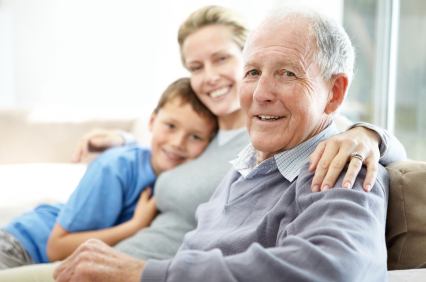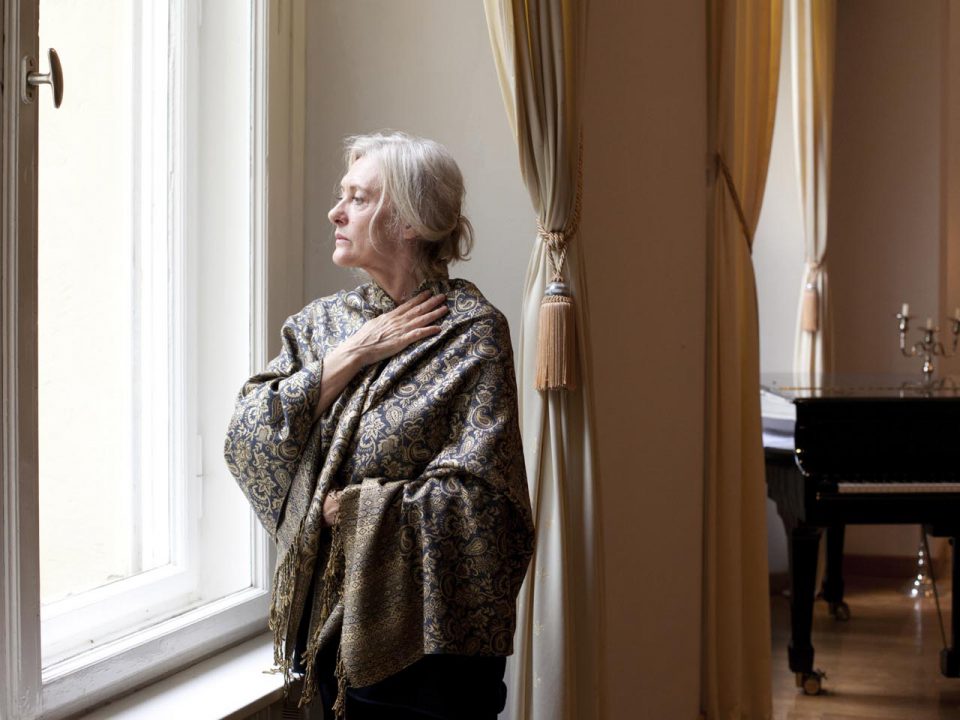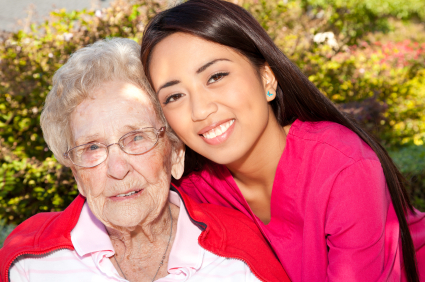Home Care Blog
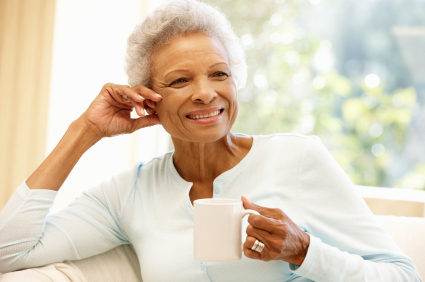
How to Make Your Home Safer in 2014
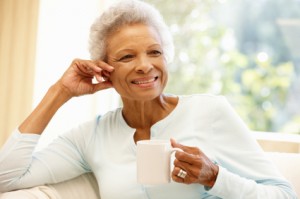 Your home is your haven and you should always feel safe there. For individuals who spend a lot of time indoors, such as in the case of home care clients, safety throughout the home can be of particular concern. Preparing the dwelling for a wide variety of potential dangers will ensure that anyone, young and old, is secure. Following safe practices will keep you healthy, so consider this part of your New Year’s resolution to live better.
Your home is your haven and you should always feel safe there. For individuals who spend a lot of time indoors, such as in the case of home care clients, safety throughout the home can be of particular concern. Preparing the dwelling for a wide variety of potential dangers will ensure that anyone, young and old, is secure. Following safe practices will keep you healthy, so consider this part of your New Year’s resolution to live better.
General Home Safety Tips
Everyone, no matter what age or physical condition, should follow home safety guidelines. You will feel confident knowing that you and anyone living with you or entering your home will be secure while there.
- Address any and all electrical problems right away. Putting them off for a more convenient time could lead to a fire or someone being zapped.
- Check all smoke alarms regularly. Make it easy to remember and do it on the first of every month. Change the batteries once a year. Be sure to have an evacuation plan should a fire occur and know your best options for exits. This is something that children are often taught in school, but that can be forgotten for adults and seniors.
- Install a carbon monoxide detector. Carbon monoxide has no color odor, making it undetectable without one. Have at least one on each floor of the house and near your sleeping area.
- Make sure locks and bolts on doors and windows are tamper-proof. Install an alarm system, especially if you or a loved one lives alone. Deter burglars with a “Beware of Dog” sign, even if you don’t actually have one.
- Keep a list of emergency phone numbers, such as family members, the local police, and the fire department, and poison control clearly posted somewhere, such as on the refrigerator.
Preventing Falls
Falls are a risk for seniors that should not be taken lightly. Nearly 25% of people over the age of 65 will suffer from falls each year, and that number jumps to 50% for seniors 80 and over. Up to 20% of falls require medical attention and 10% lead to a major injury.
Complications for what seems like a minor tumble down the steps or tripping on a loose rug are the leading cause of death in seniors.
This time of year, with ice being a factor, the chance of slipping is even greater. Fortunately there are many things you can do indoors and outside your home to increase your safety.
- Make sure that all railings, including those on stairs inside and outside, are securely fastened. If you have steps that do not provide a place to grab onto if needed, even in places where there is only one or two, have one installed.
- Secure or remove scatter rugs that could be tripped on.
- Use non-skid floor wax.
- Place non-skid mats in the bathtub, as well as grab bars.
- Move clutter, furniture, and cords out of foot traffic zones. Do not leave anything on the stairs to put away later.
- Provide sufficient lighting. Keep hallway lights on at night or plug-in nightlights. A nightlight is also beneficial for the bathroom for middle of the night trips.
- When it comes to poor weather, consider the importance of going outside. If you can avoid it, stay in where there is no risk of ice. If you know you or a loved one will be headed out, make sure the walkways remain shoveled and salted. Keep the necessary equipment by the door so it is easy to access.
Home Safety and Alzheimer’s
Living with a loved with Alzheimer’s disease means having to be particularly thorough in making sure your home is in order. Adapting the home environment to their needs and to ensure safety means taking into consideration that judgment, behavior, physical ability, and sense of time and place are all compromised. They may also be sensitive to temperatures, have problems with depth perceptions, or be experiencing vision changes.
Aside from the safety tips that have already been covered, you may also want (or need) to do the following:
- Cover doors and locks to dissuade wanderers from heading outside without supervision, or place the locks out of easy reach. Put doors on areas that are considered unsafe within the home too, such as the kitchen, a stairwell, or a storage area.
- Do not put locks on the person’s bedroom or in the bathrooms, since they may lock themselves inside. Keep extra keys to doors that do have locks somewhere nearby.
- Individuals with dementia sometimes have difficulty with temperature control and cannot tell the difference between hot and cold. Set the water temperature to 120 degrees or less in order to prevent scalding should they turn the hot water on high.
- Remove and disable any weapons that a person with Alzheimer’s disease may find and accidentally harm themselves or another person with.
- Keep cleaning supplies and chemicals locked up.
There are countless other things that you can do to make your home safer this year. These are just a few that will get you started, and maybe spark some ideas of your own!
If you are concerned about a loved one’s safety or your own, and feel you are unable to perform tasks such as cooking, cleaning, personal care, or running errands without having a risk to your health, contact MAS Home Care today. They will conduct an in-home evaluation and provide a caregiver to meet your unique needs.
